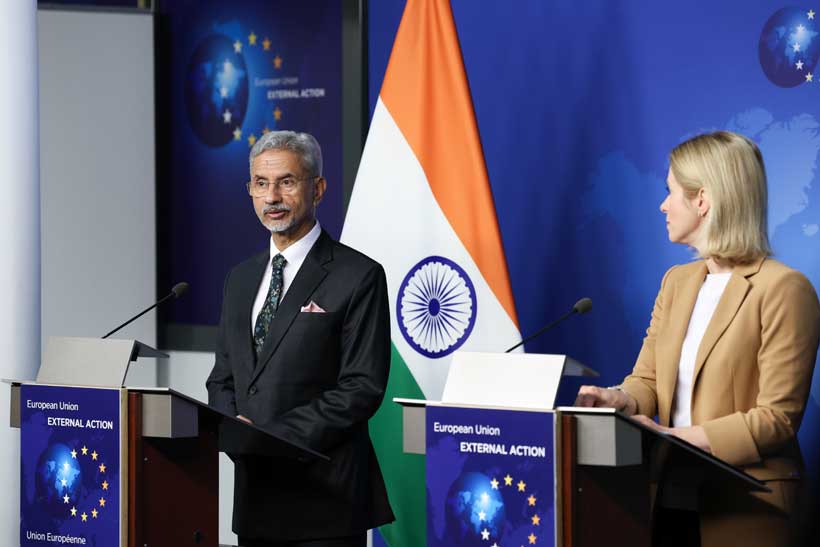Background
India and the European Union restarted trade negotiations in 2022, but talks gained urgency after U.S. President Donald Trump doubled tariffs on Indian goods over New Delhi’s Russian oil purchases. Both India and the EU are now pushing for deals to counter rising trade pressures from Washington.
What Happened
According to Reuters, negotiators are meeting in New Delhi this week to resolve long-standing differences on agriculture, dairy, and non-tariff barriers before an ambitious year-end deadline. So far, 11 of 23 negotiating chapters have been settled, covering customs, digital trade, intellectual property, subsidies, and dispute resolution.
Why It Matters
A deal would mark India’s deepest trade partnership with the West, strengthening ties amid concerns about Prime Minister Narendra Modi’s outreach to China and continued Russian oil imports. For Brussels, the pact would expand access to India’s vast market while countering U.S. tariff pressure.
Stakeholder Reactions
Indian officials stress they will not compromise on agriculture and dairy, while EU negotiators demand market access for cars and alcoholic drinks. Brussels has also raised concerns about New Delhi’s Russian oil imports, which it says weaken sanctions on Moscow. Indian officials, however, dismiss the EU’s planned carbon border tax as a “disguised trade barrier.”
What’s Next
EU Agriculture Commissioner Christophe Hansen and trade chief Maros Sefcovic will join talks in Delhi later this week, alongside a high-level EU political and security delegation. Whether compromises emerge on agriculture, carbon taxation, and non-tariff rules will determine if a final agreement can be reached before year-end.
with information from Reuters
